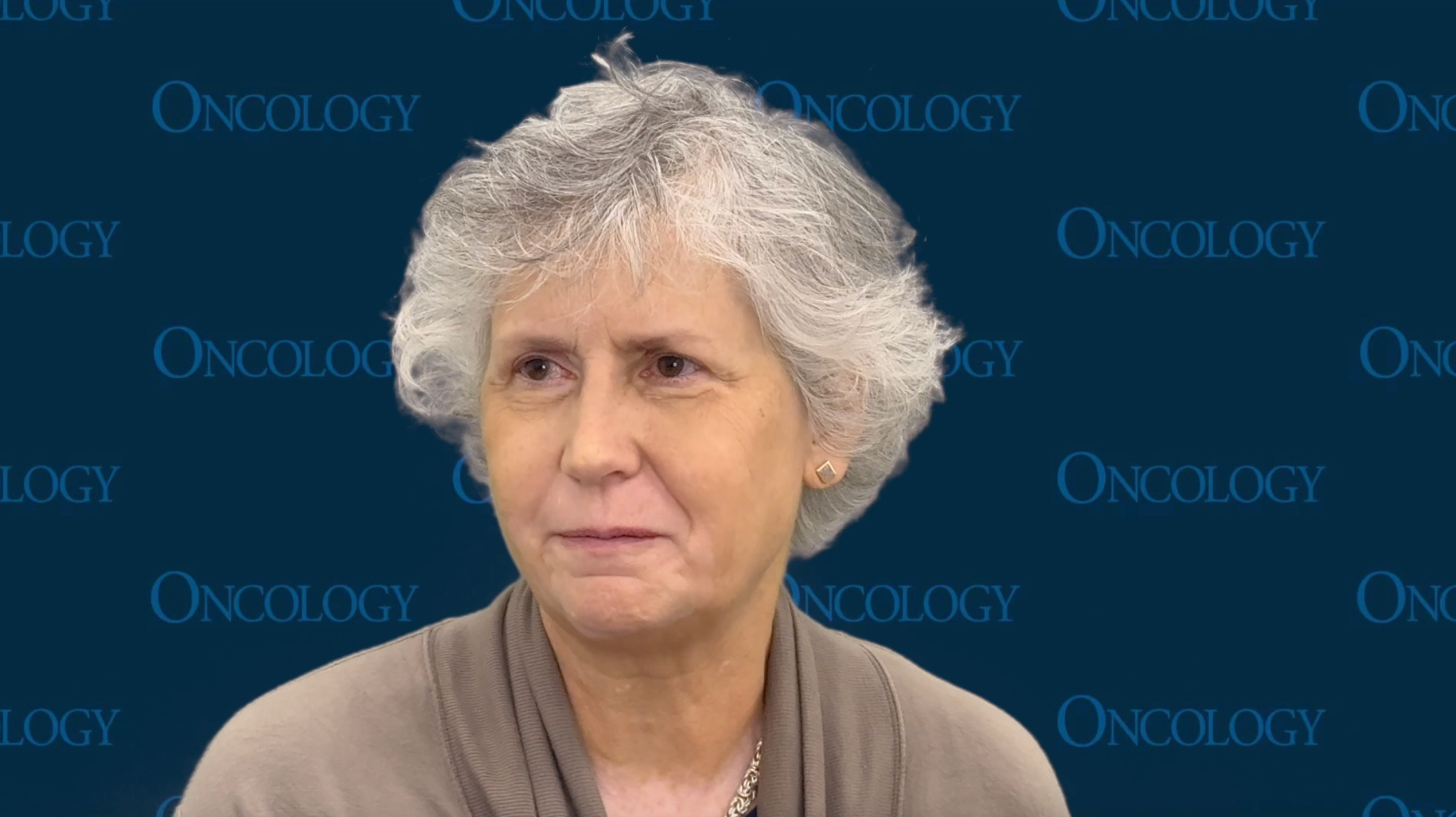Genetic Counseling Referrals Depend on Evaluations of Genetic Reports


Considerations for Genetic Testing in Oncology: Key Insights from the 2025 ONS Congress
During the 2025 Oncology Nursing Society (ONS) Congress, prominent clinical nurse specialist Suzanne Mahon, DNS, RN, AOCN, AGN-BC, FAAN, emphasized the critical role of past medical and family histories in evaluating somatic reports for cancer patients. Mahon, who serves as a professor emeritus at Saint Louis University, shared insightful perspectives on the necessity of genetic testing in specific malignancies.
In particular, Mahon identified several cancer types that warrant immediate germline testing, including medullary thyroid cancer, triple-negative breast cancer, metastatic prostate cancer, and pheochromocytomas. These conditions are recognized due to their heightened association with hereditary cancer syndromes. She highlighted that the National Comprehensive Cancer Network (NCCN) guidelines provide an extensive list of cancers for which germline testing is strongly recommended. This illustrates the evolving understanding within oncology of the hereditary components of various cancers, stressing the importance of prevention and early intervention.
Mahon’s presentation underscored that a comprehensive assessment of a patient’s tumor pathology is equally crucial. If a tumor exhibits a gene alteration that links to germline risk—or if a patient has a high variant allele frequency—the importance of a referral to a genetic counselor or oncologist cannot be overstated. This is particularly pertinent when considering that certain genetic mutations can significantly influence treatment decisions and familial risk assessments.
Moreover, Mahon urged healthcare providers to conduct thorough three-generation familial pedigrees instead of relying on surface-level inquiries about cancer history. This methodical approach can unveil critical familial patterns that are often overlooked. For instance, patients with a history of significant colon polyps or other risk factors may also require genetic evaluation. Recognizing and documenting these histories systematically can lead to enhanced screening processes and improved health outcomes.
Mahon concluded by highlighting the importance of patient engagement in the decision-making process regarding genetic testing. When patients express concerns or ask whether their offspring might be at risk for hereditary cancer syndromes, it is vital for healthcare providers to address these inquiries seriously. The patient’s intuition and personal perception of risk can significantly guide discussions about genetic testing, ensuring a more patient-centered approach in oncological care.
As the landscape of cancer treatment continues to evolve, the integration of genetic testing into patient care remains a pivotal element in fine-tuning diagnostic precision and therapeutic strategies. The emphasis on comprehensive patient histories, tumor pathology, and open communication not only aids in identifying at-risk individuals but also fosters an environment of trust and collaboration between patients and healthcare providers.
References
Genetic testing for hereditary breast, ovarian, pancreatic, and prostate cancers. National Comprehensive Cancer Network. 2025. Accessed April 17, 2025. NCCN Website.






